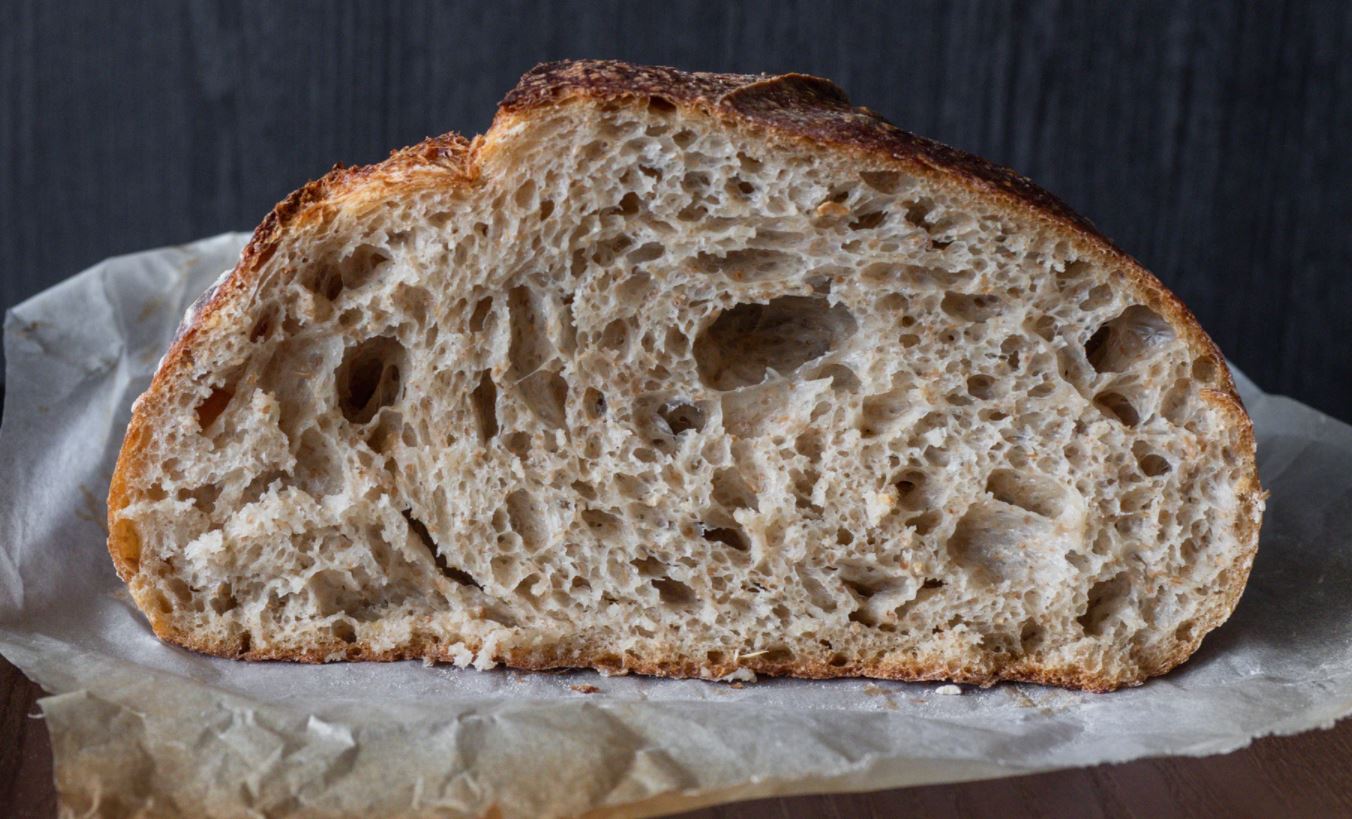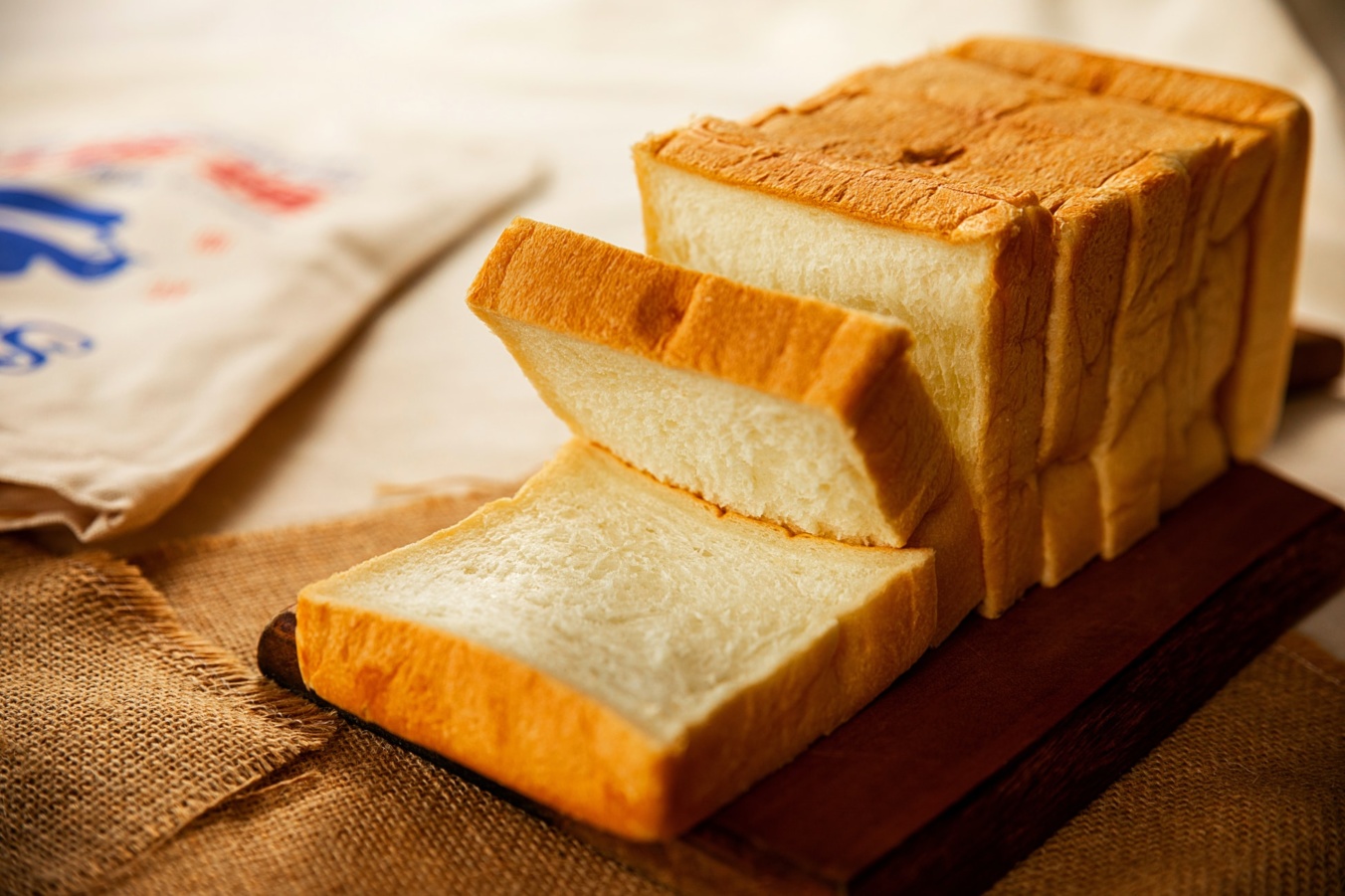
According to a new study, perhaps not.
If you’ve ever seen Scott Pilgrim vs. The World, you’ve probably had a sensible chuckle at the scene where Scott wishes he could eat nothing but garlic bread, to which Ramona responds that bread makes you fat. Indeed, this is a long-standing assumption; high intake of “fast” carbohydrates like bread can cause sudden and swift weight gain. This is why many folks like to try “slow carb” diets, as these kinds of carbohydrates have a lower glycemic index, which means lower blood sugar. However, according to a recent study, there may not actually be much difference between fast and slow carbs.
Researchers from the College of Health Solutions at Arizona State University conducted a study of about 2 million adults, using information sourced from 34 previous studies. What they discovered is that in comparisons between those who consumed fast and slow carbs, the BMIs of people who ate fast carbs were about the same as the people who ate slow carbs, sometimes even lower.
“This study is the first to definitively demonstrate that fast carbs do not make you fat,” says study co-author Glenn Gaesser, PhD. “Contrary to popular belief, those who consume a diet of high-GI foods are no more likely to be obese or gain weight than those who consume a diet of low-GI foods. Furthermore, they are no less likely to lose weight.”
“GI, as a measure of carbohydrate quality, appears to be relatively unimportant as a determinant of BMI or diet-induced weight loss.”

“The key takeaway is that carbohydrates, regardless of type, can be part of a healthy diet and have a place on a healthy plate,” adds Miller Jones, PhD. “Over the past few decades, we’ve seen the blanket vilification of carbs, processed foods, and foods made with refined grains. Science has shown that these foods in the right balance can be part of a dietary pattern that can promote a healthy weight and reduce disease risk.”
“The truth is that eating a wide variety of carbohydrates, from fast-carb white bread to slow-carb bran flakes and pairing them with smart choices from all the food groups can provide the nutritional benefits that healthy carbs, especially whole and enriched grain staple foods, can offer,” Jones concludes.




